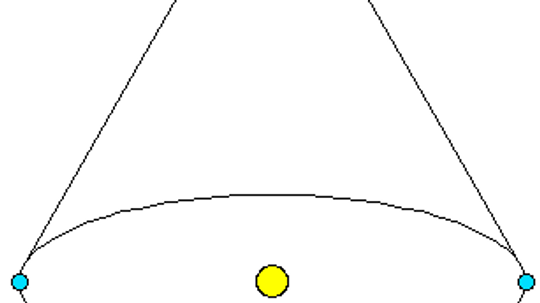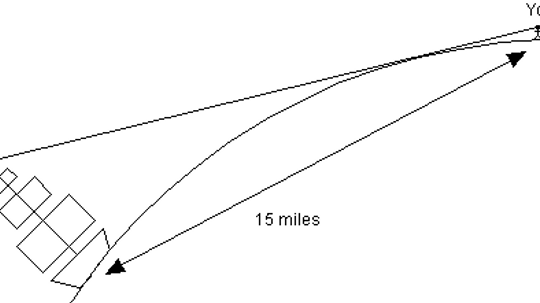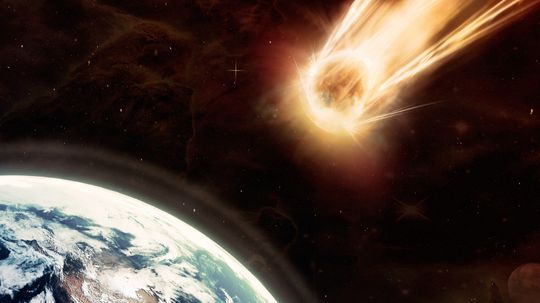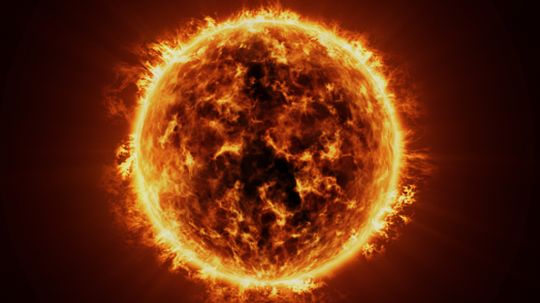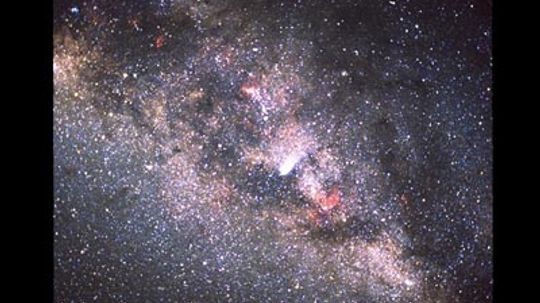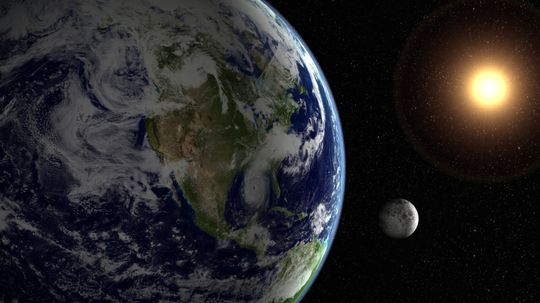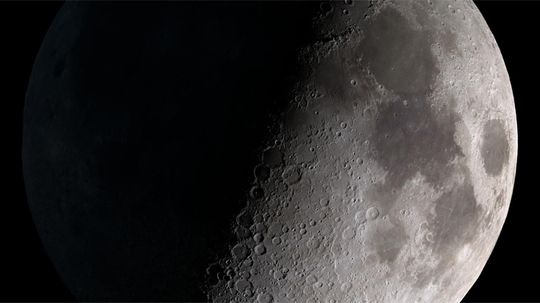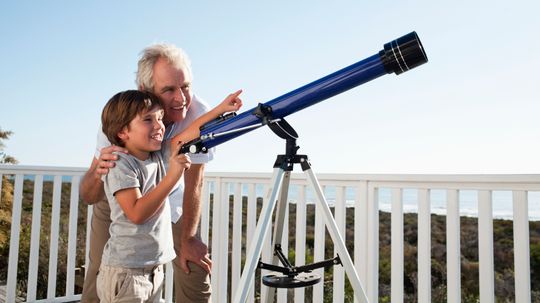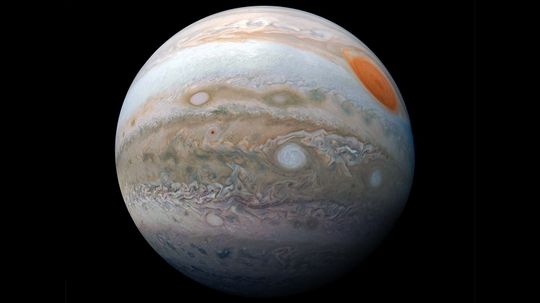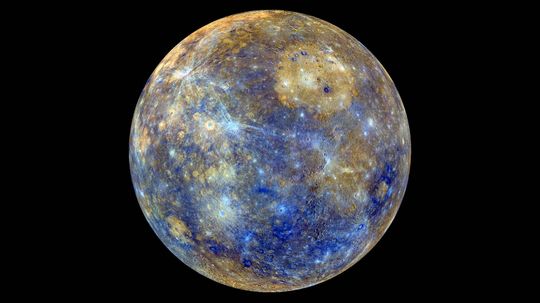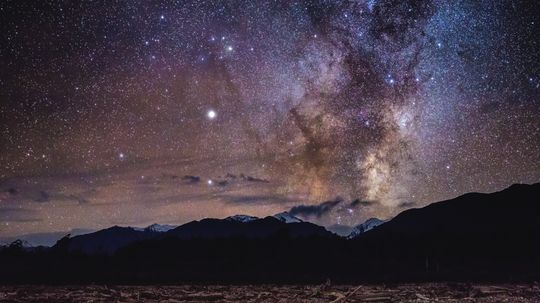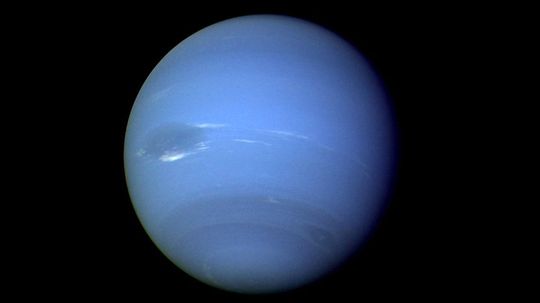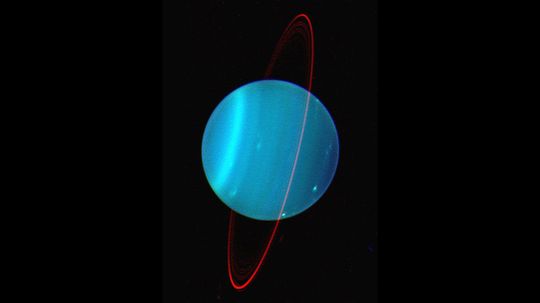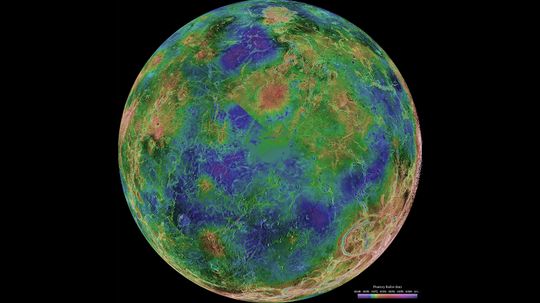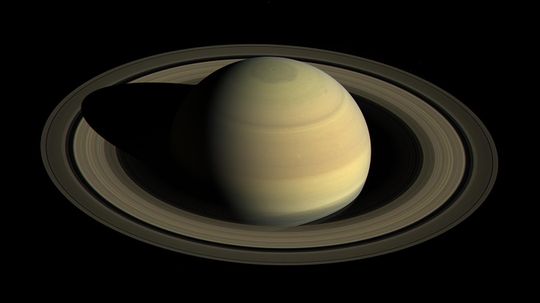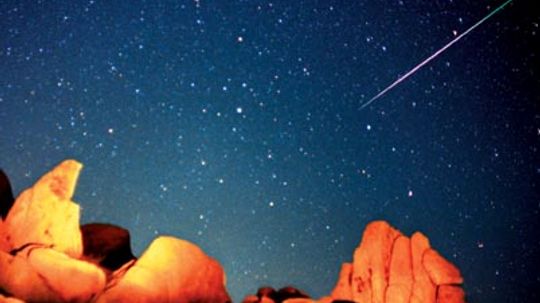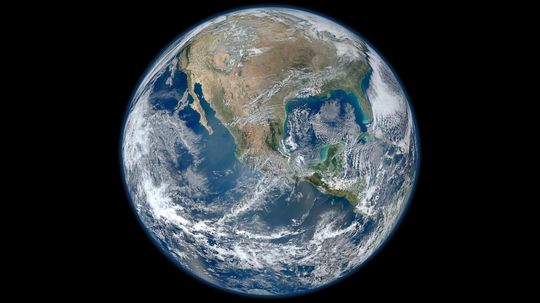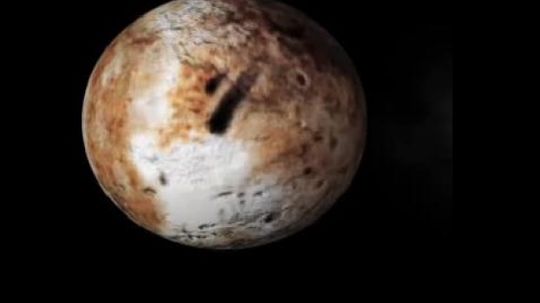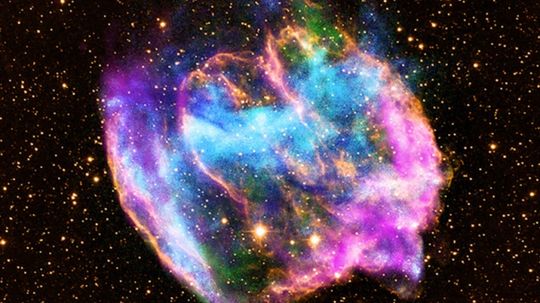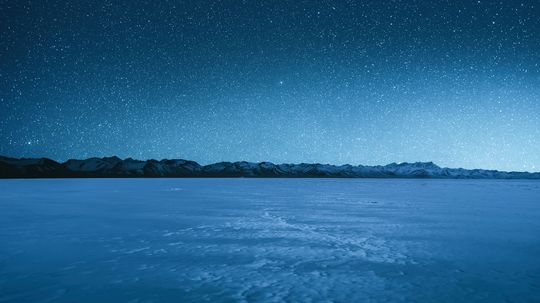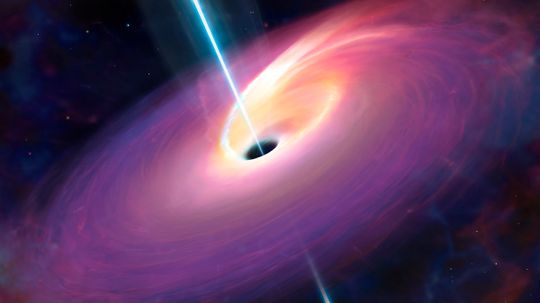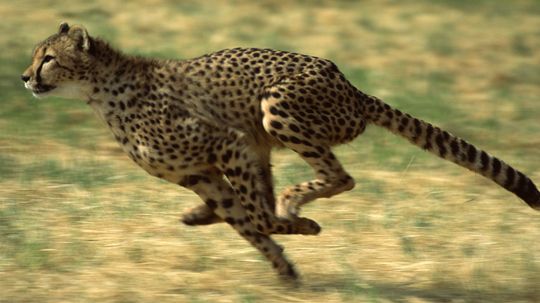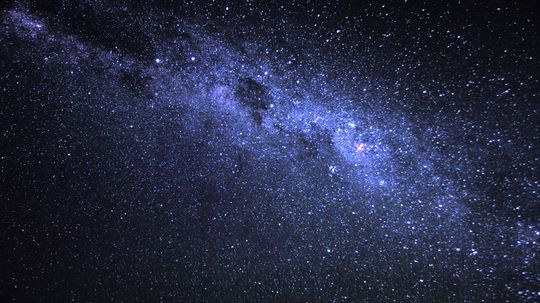Astronomy
Astronomy is a broad discipline covering all facets of astrophysics. In this section you can learn about the origins of the universe, black holes and other astronomical phenomena.
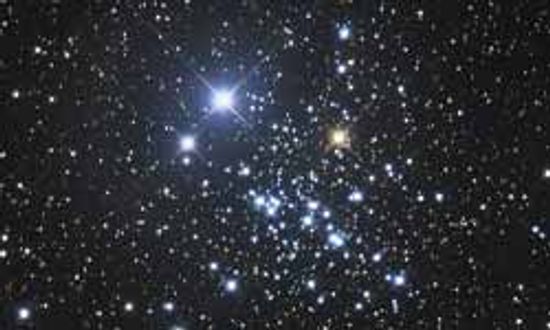
Constellation Pictures
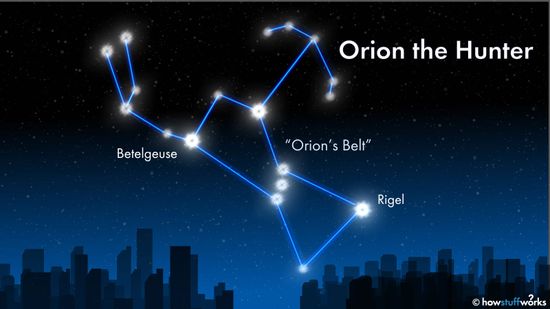
How to Find Orion's Belt in the Night Sky
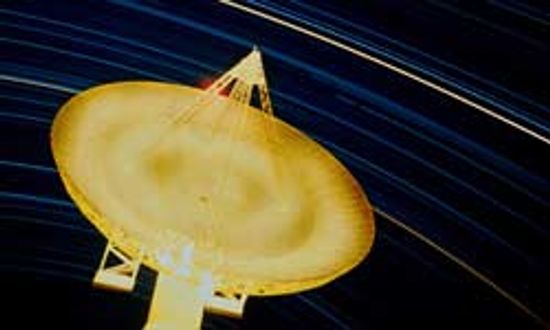
Radio Telescope Image Gallery

How do I build a telescope at home?
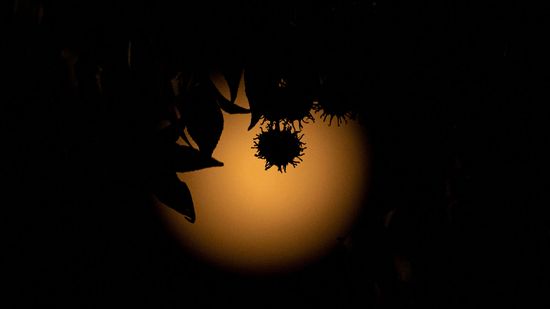
Shooting the Stars as an Astrophotographer
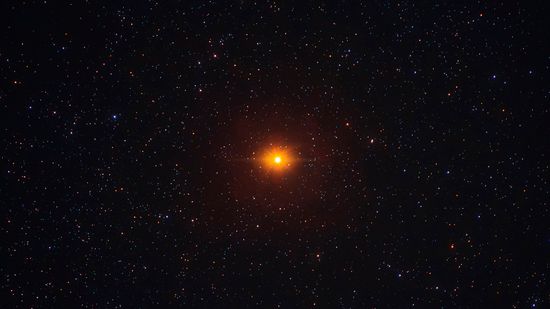
The Largest Star in the Universe Is 1,700x Bigger Than Our Sun
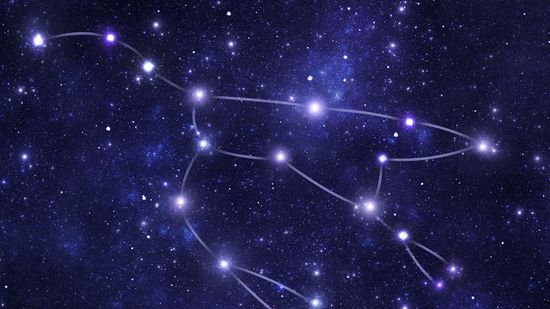
Twinkle, Twinkle: The Ultimate Stars Quiz

White Dwarfs Can Shred Planets to Pieces
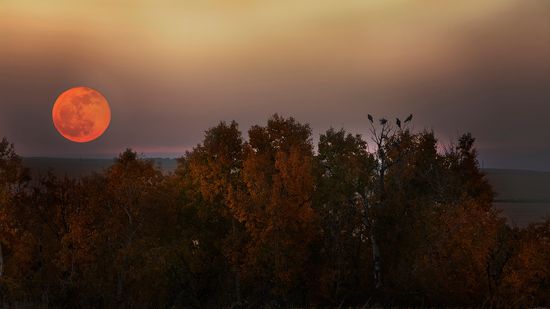
What Is a Harvest Moon?
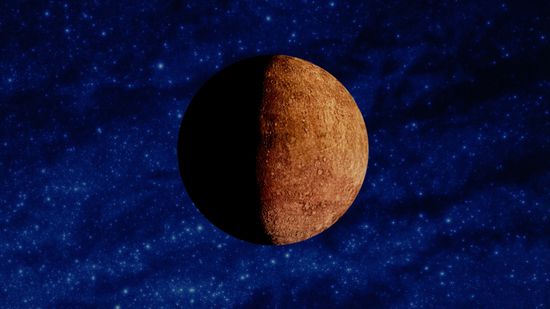
The Mysteries of Mercury Retrograde Unveiled: A Cosmic Phenomenon
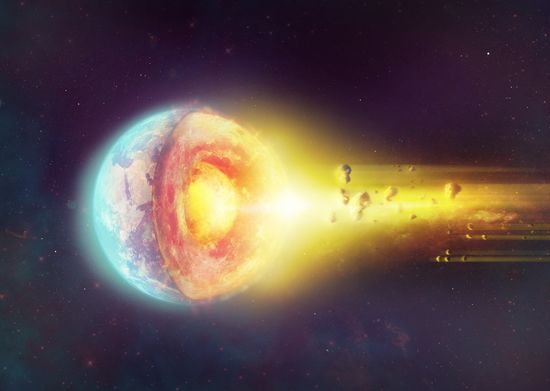
A Comprehensive Guide to the Layers of the Earth
Learn More / Page 3
It turns out that measuring the distance to a star is an interesting problem! Astronomers have come up with two different techniques to estimate how far away any given star is.
Can the curvature of the Earth only be seen from outer space? If you didn't know that the Earth is a sphere, there are three common observations you could use to convince yourself that it is.
Where I live it is pretty common to see "shooting stars" -- streaks of light in the sky at night. How big is a shooting star? Do they land on earth or do they burn up? Do they land on the ground as meteorites?
Advertisement
The sun warms our planet every day, provides the light by which we see and is necessary for life on Earth. But what is it exactly, and what will happen when it burns itself out?
When you look up at night and see thousands of stars, have you ever wondered what you are looking at? Learn what stars are and how they live and die!
The Chandler wobble is the change in the spin of Earth on its axis. Think of the wobble you see in a toy top when it first starts spinning or slows down. Its 'poles' do not spin in a perfectly straight line.
The changing phases of the moon have given us an enduring curiosity about the dark side of the moon. But is there really a dark side of the moon? What would we see there?
Advertisement
There are all kinds of telescopes, but you can make a simple one on your own. You'll need a few basic supplies and this step-by-step article. Get ready to star-gaze!
If I was on the moon and the earth was black (no lights were on) and a flashlight was turned on facing the moon, would I see the light? If I couldn't, would there be any way to detect any residual matter that came from the light on Earth or does light die after a certain distance?
Jupiter is the largest planet in the solar system. Big as this gas giant is though, next to the sun, it's still small.
By Mark Mancini
Mercury is the closest planet to the sun, and it's the smallest in the solar system. So why does it have longer days than we have on Earth?
By Mark Mancini
Advertisement
While we generally picture the sun and planets when thinking about our solar system, it also consists of comets, asteroids and hundreds of moons.
Neptune is the eighth planet from the sun and one of the coldest. It also has supersonic winds that are the fastest in the solar system.
By Mark Mancini
Uranus is the seventh planet from the sun and sits on an axial plane tilted at a jaw-dropping 97.7-degree angle. And yes, Uranus does actually stink.
By Mark Mancini
The atmospheric pressure is crushingly extreme on Venus, and lead would melt into a puddle on its surface. But as hellish as this place sounds, it actually has a lot in common with Earth.
By Mark Mancini
Advertisement
Saturn is the sixth planet from the sun and the second-largest planet in the solar system. This gas giant has more rings and moons than any other planet.
By Mark Mancini
Some of the most interesting objects in our solar system are also the smallest or largest. In addition to the sun, planets, and moons, our solar system has a variety of small objects such as asteroids, comets, stars, meteors, and moons. These have affected what has happened on Earth in many ways.
Even though it's tiny compared to the rest of the universe, Earth is a complex planet that, so far, is the only one we know of that sustains life.
Pluto is relatively round and orbits the Sun. So, why doesn't it qualify as a planet?
Advertisement
Our knowledge of space changes all the time as new discoveries are made. But some ideas about the universe have never really held water – including the one that everything is made of frozen H2O.
A dying star can explode with the force of a few octillion nuclear bombs and create any element in the universe. But why do stars go supernova?
These days, we may take the stars for granted, but it's not hard to imagine the wonder early humans must have felt gazing up at those inexplicable points of light. Naturally, superstitions were bound to develop — some more fortuitous than others.
By Bambi Turner & Sascha Bos
When you think about massive, mysterious cosmic bodies like accretion disks, the water swirling around your bathtub probably isn't the first thing to come to mind. But hey, physics works the same magic on all scales.
Advertisement
Leash your cheetah, buckle your seatbelt and tell Usain Bolt to take a knee. We're about to power through some of the speediest stuff this universe – both in the real world and in fiction – has to offer.
A look at the night sky at any time of year will reveal a faint band of light stretching across the sky -- our solar system's home, the Milky Way. How much do we really know about it?
